[et_pb_section fb_built=”1″ _builder_version=”3.19.17″][et_pb_row _builder_version=”3.19.17″][et_pb_column type=”4_4″ _builder_version=”3.19.17″][et_pb_text _builder_version=”3.19.17″]
The CRM has a new ad campaign that very clearly spells out that if a bottle does not have the hologram on it, it’s not mezcal. Needless to say, this has riled some folks up.
[/et_pb_text][/et_pb_column][/et_pb_row][et_pb_row _builder_version=”3.19.17″][et_pb_column type=”4_4″ _builder_version=”3.19.17″][et_pb_image src=”http://mezcalistas.com/wp-content/uploads/2019/10/71600474_10158924191914816_313111284906196992_n.jpg” _builder_version=”3.19.17″][/et_pb_image][/et_pb_column][/et_pb_row][et_pb_row _builder_version=”3.19.17″][et_pb_column type=”4_4″ _builder_version=”3.19.17″][et_pb_text _builder_version=”3.19.17″]
There is nothing subtle in the verbiage as it loudly and proudly proclaims that the combination of quality, authenticity, and traceability equals confidence in regards to what is in the bottle. This argument has been behind the drive to certify more mezcal producers and their mezcal. The CRM’s argument is that only by getting certified and having the batches tested can we the consumers be assured that what we are drinking is safe.
I don’t think anyone would argue with the importance of regulation, especially when it comes to food and drink. The discussions about this ad campaign are directly related to the force with which the CRM is proclaiming certified mezcal as the only legitimate mezcal, and clearly implying that anything labeled a destilado de agave or agave spirit is suspect, and potentially dangerous.
It’s true that currently there is no real regulation of the destilado category. At the very least here in the US anyone importing a destilado has to submit a label and formula to the TTB. But it’s also true that there is, and has been, concern over the certification process, specifically the lab testing of batches. There have been inconsistencies: Lab tests done with the CRM showed different analysis than tests done with outside labs. There have also been plenty of questions about the delays in getting certified lab tests, particularly for smaller producers or producers outside Oaxaca. And, of course there is a huge question about the legitimacy of certification if diffused product – what we like to call fracked agave – is accepted.
A couple of months ago, news hit that the Ministry of the Economy had approved three new certifiers for the category – PAMFA, CMX, and CIDAM. These certifiers do not replace the CRM, they have been granted the rights to do lab testing for mezcal batches and palenques and are subject to all of the rules and regulations of NOM 70. It remains unclear at this time what this all means organizationally, but word on the street is that the CRM is much more present in areas where it previously has been slow in working with mezcaleros.
We applaud any and all moves that provide more transparency, but this campaign seems to be putting the cart before the horse given the inconsistencies and inaccurate information that plagues the QR Codes on the bottles. Maybe let’s get that right before boldly stating that we can have all the confidence in the world with the CRM.
[/et_pb_text][/et_pb_column][/et_pb_row][/et_pb_section]

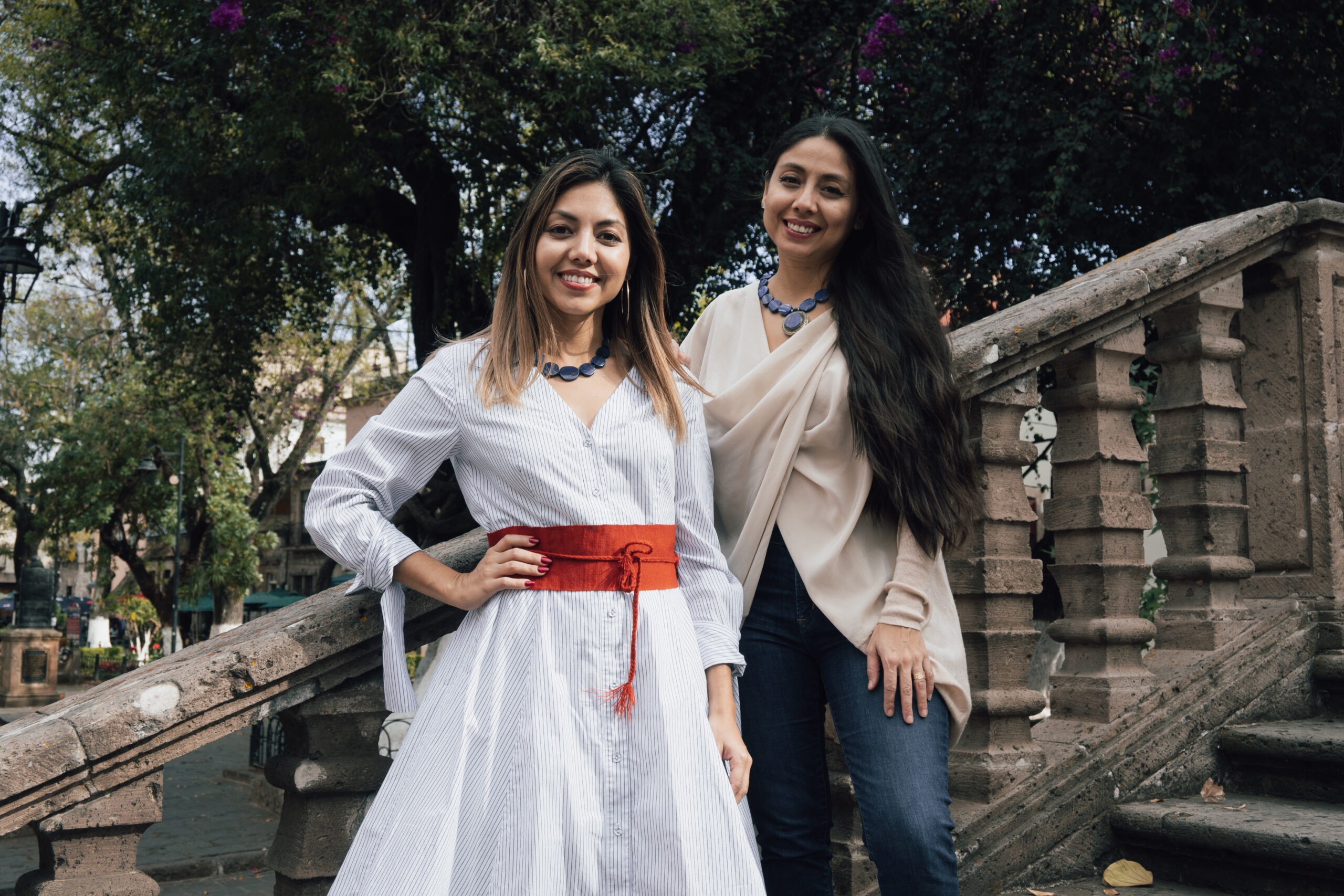
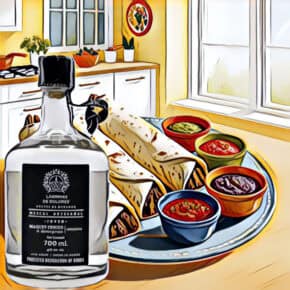
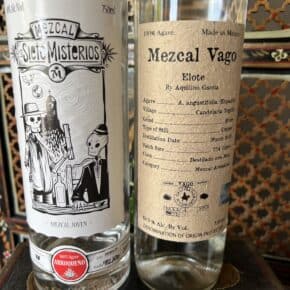
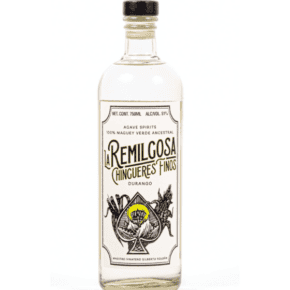
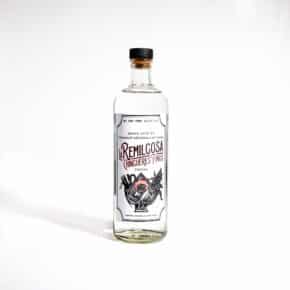
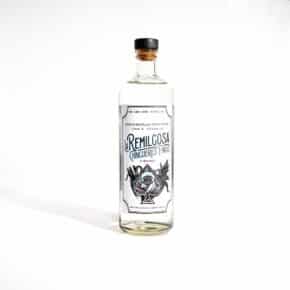


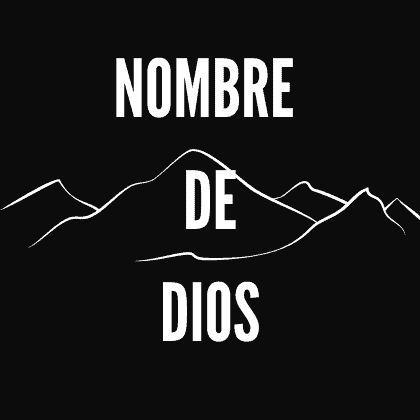



“The discussions about this ad campaign are directly related to the force with which the CRM is proclaiming certified mezcal as the only legitimate mezcal, and clearly implying that anything labeled a destilado de agave or agave spirit is suspect, and potentially dangerous.”
Hey, Susan! Regarding the first half of the sentence … well, certified mezcal *is* the only legitimate mezcal. The Mexican government owns the word and has decided what that word means, and has empowered the CRM to regulate the use of that word. So, yeah, if they don’t certify it, it isn’t legitimate mezcal. “Capital M” and “lowercase m” doesn’t work here anymore than it would work with mickey mouse — mezcal is for all intents and purposes an owned name, in the same fashion as Mickey.
Regarding the second half of the sentence … I don’t read the same implications that you do. They’re saying, to my reading, that you can absolutely trust it’s really mezcal if it’s certified and has the hologram. No more, no less. And while we can take issue with inconsistencies in their process (and I would), I can’t take issue with their powers to operate with whatever inconsistencies they choose. That’s their right and their ability.
You are correct in regards to the legalities in the word Mezcal, but the cultural aspect of the word mezcal is still an ongoing debate, and that is what we refer to here. Regarding the second part, the underlying implication of the campaign has everything to do with “safety” and that you can have confidence that the product is “safe” if it is certified. This is an issue the CRM has been pushing quietly and now with this ad campaign loudly as they look to question/delegitimize destilados de agave. All of this begs the question, will we now have yet another category of spirits from Mexico called Destilados de Agave or Agave Spirits – and how would this be managed? Would there be another DO? Another certifying body?